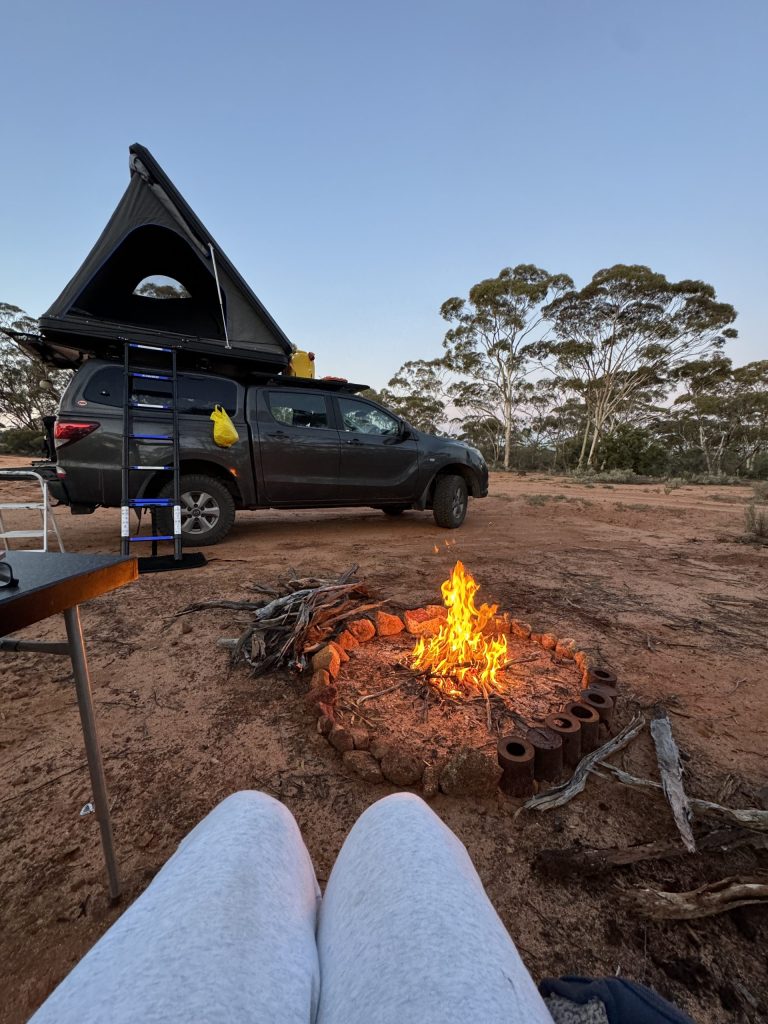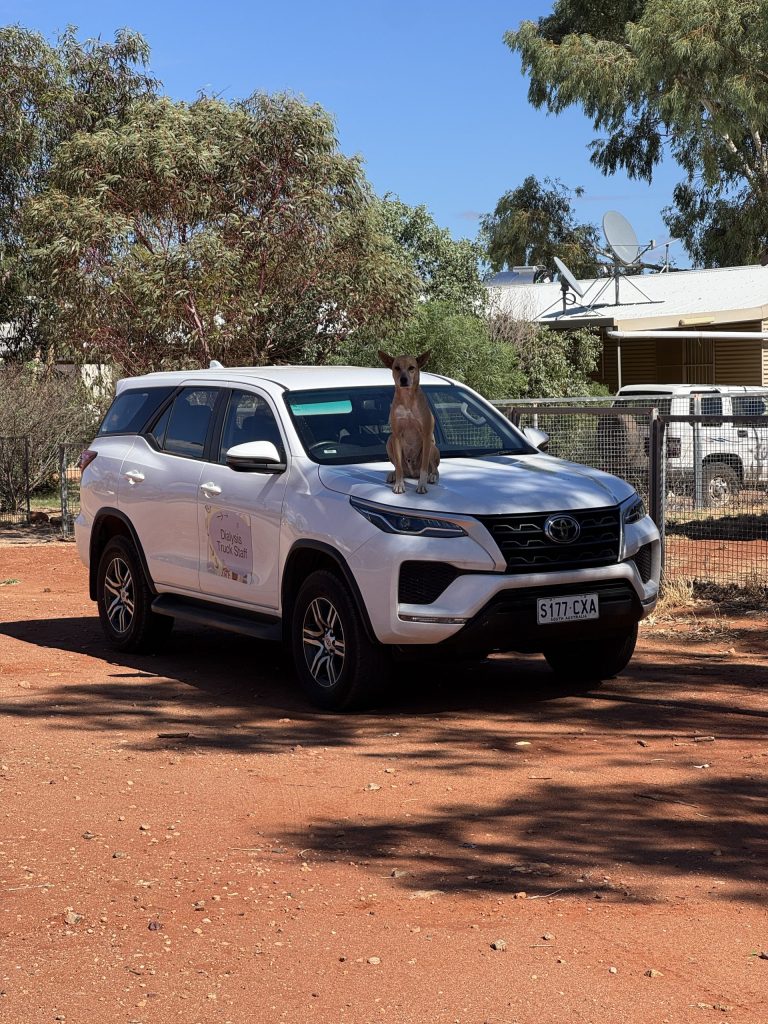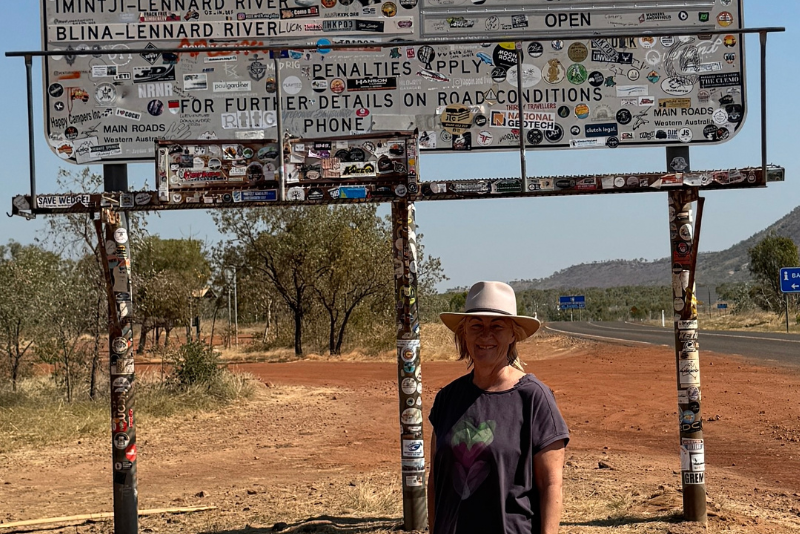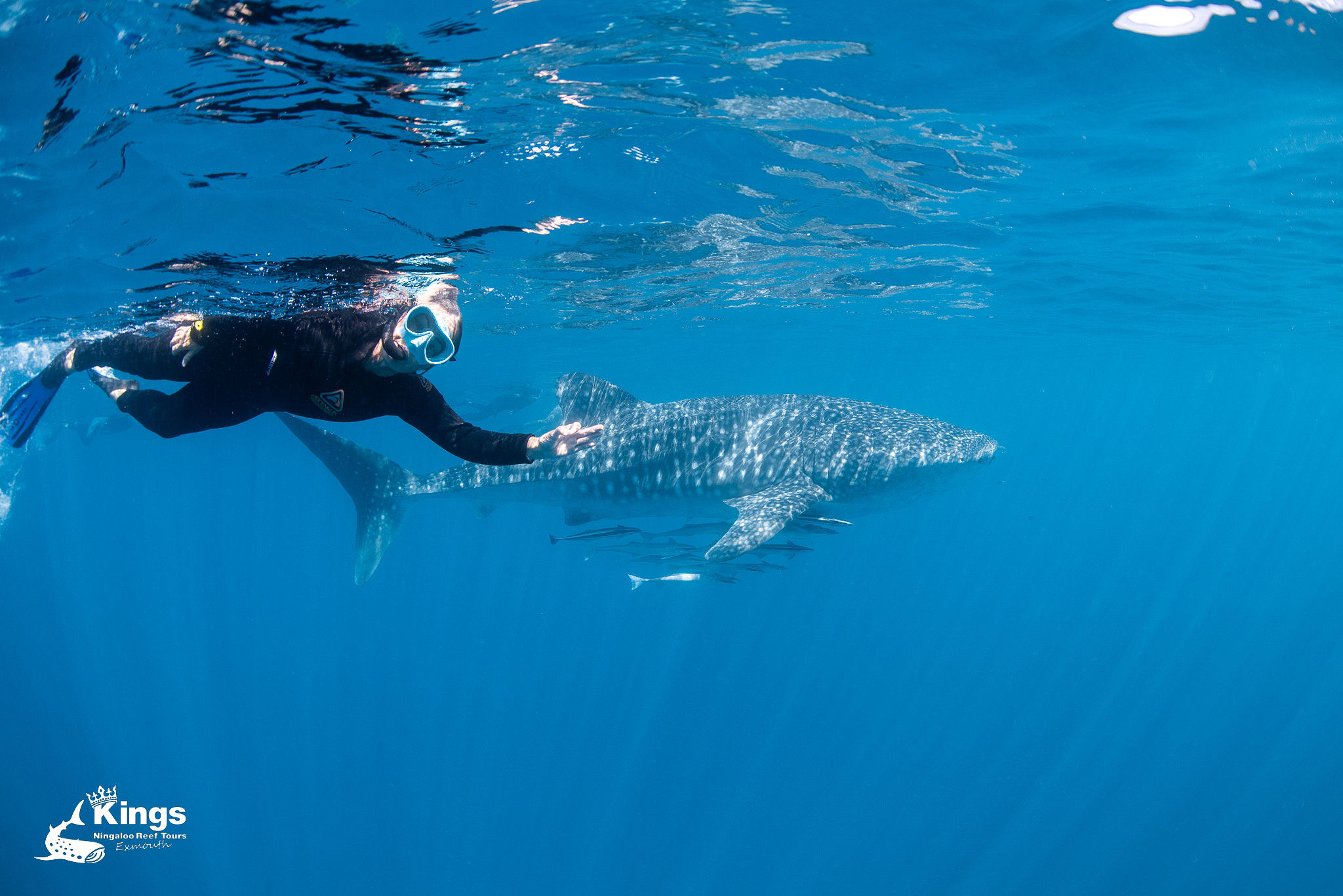Remote nursing in the Northern Territory… it’s sounds like a big commitment, laden with unique challenges and pockets of isolation. And it is! But perhaps there’s something special about it?
More and more nurses and midwives are being drawn to remote area nursing, especially in areas like the Northern Territory (Arnhem Land) and South Australia (APY Lands).
This month we’re spotlighting Remote Area Nurse (RAN) Anne to hear about her time out in remote Australia.
RAN Anne
33 years nursing experience
2min read
1. How long have you been nursing for, and how long/how many contracts have you been a Remote Area Nurse (RAN)?
I’ve been registered since 1992 and started agency work in 2018. My background is ED. I initially did rural contracts and then started in more remote areas around 2019. Since then I’ve done multiple RAN contracts in East Arnhem Land, the Torres and Cape and the APY lands in SA.
2. Tell us about the recent location(s) you’ve worked at as a RAN. How would you describe your experience?
I’m currently in Pipalyatjara. It’s beautiful arid desert country with clear air, skies and the most amazing sunsets. It’s a small very remote community with around 200 residents near the WA border in SA.


3. How did your experience in this community compare to other places or communities you’ve worked? Were there any specific events or interactions that stood out to you?
I like smaller communities because the workload and on-call are usually less overwhelming. Also, you get to know people and the run of the place more easily. Working in a large community of 2000 people and a large busy clinic can be quite a challenge.



4. In your experience, what are the key differences between working in remote clinics compared to metro, regional and rural healthcare facilities?
You have to be autonomous and confident in your assessment and clinical skills working remotely. Whilst primary health is the bulk of the work, often you need to manage critically ill people without a doctor onsite and arrange retrievals, sometimes driving to remote airstrips in the middle of the night. Sometime weather/flooding delays the retrieval, and you have to manage sick patients for extended periods. Some people feel the isolation, so you have to have strategies to deal with that.
5. What inspired you to pursue remote area nursing, and what has been a rewarding moment from your time in a community?
I pursued remote work because I was looking for a challenge after 20 odd years in ED. I have never regretted it and I can definitely say I am still learning something new every day. Plus, I have been to some of the most beautiful places in Australia that other people will never get to see.
6. Can you share a particularly challenging scenario you’ve encountered, and how you navigated it?
We had a pregnant lady in the clinic who was sadly miscarrying. She had a very complex birth history and the potential for a bad outcome for her was very real. I worked with an amazing midwife and we were able to keep her stable until RFDS were able to retrieve her. We had her in the clinic for around 10 hours until they arrived.
7. What has been the highlight of working with Affinity so far?
I have been blessed to have Rebecca as my consultant since I started with Affinity. She is an angel. I think I’ll have to quit if she ever does. 🙂
8. What advice would you give to junior nurses who are considering a career in remote area nursing?
Go for it. Spend a few years ED and get confident in assessment and those acute skills. Even though primary health is the bulk of the work we do remotely, the acute skills are necessary and invaluable.
You can strengthen your capabilities by transitioning to remote area nursing up in the Northern Territory, or perhaps down in South Australia near the country’s heart. Wherever you go, a better career will follow.
Never been a RAN? Affinity has the pipeline to get you credentialed and experienced. We know the ins and outs! Register with Affinity and receive exactly what you need: comprehensive education and great support.








